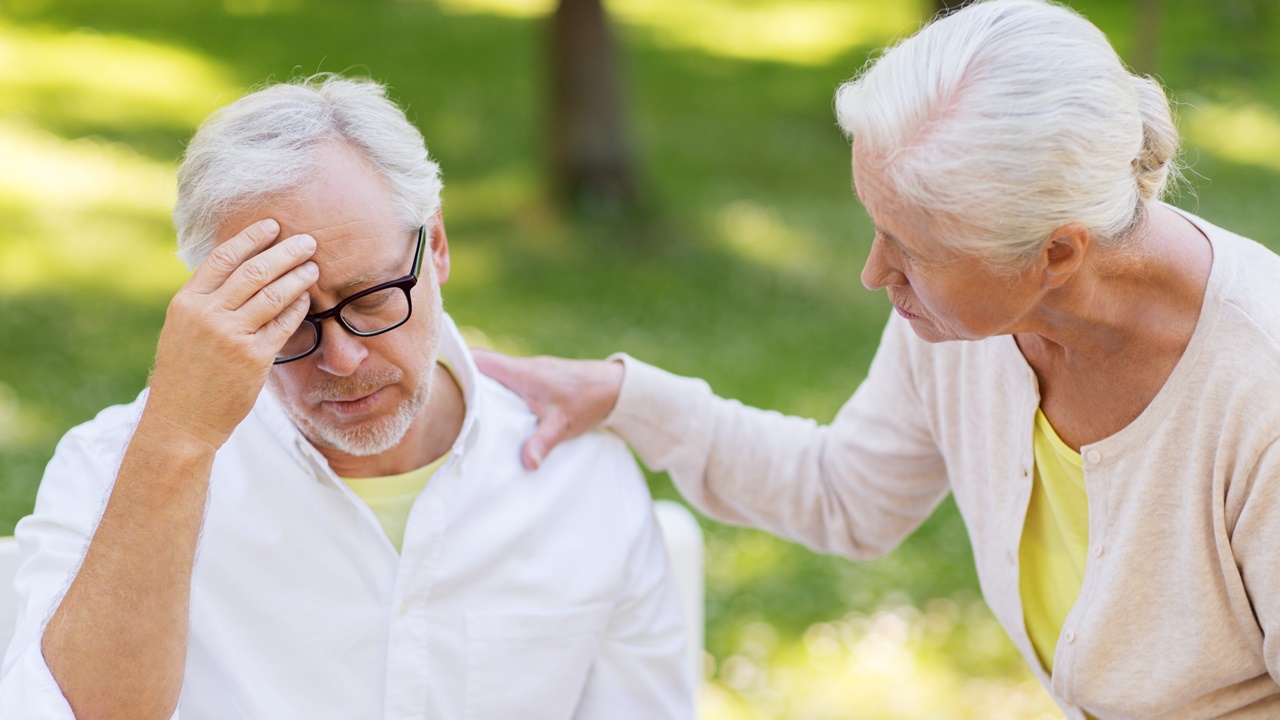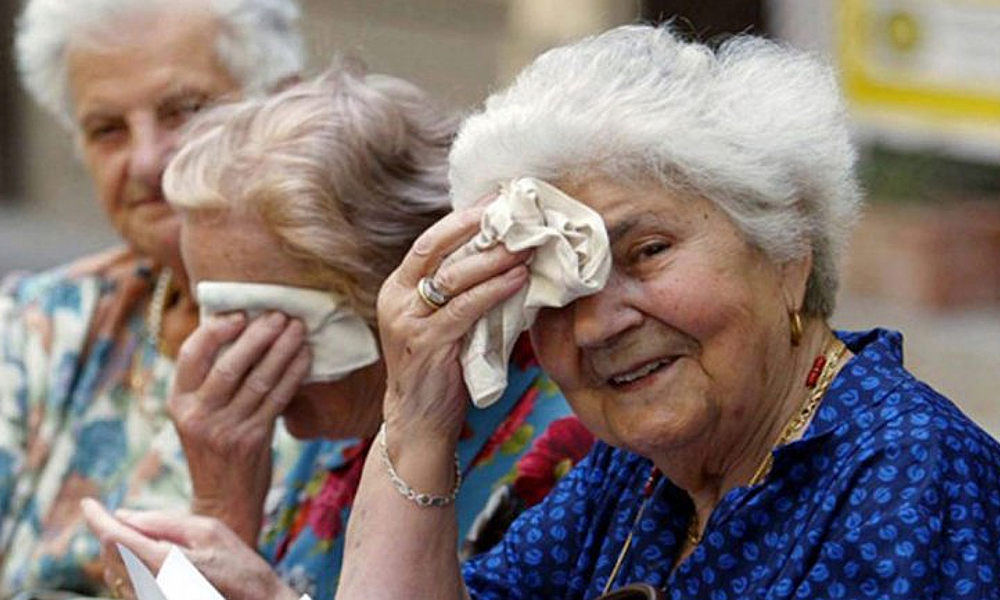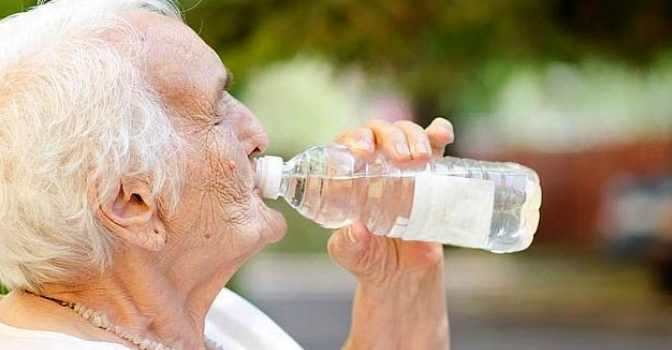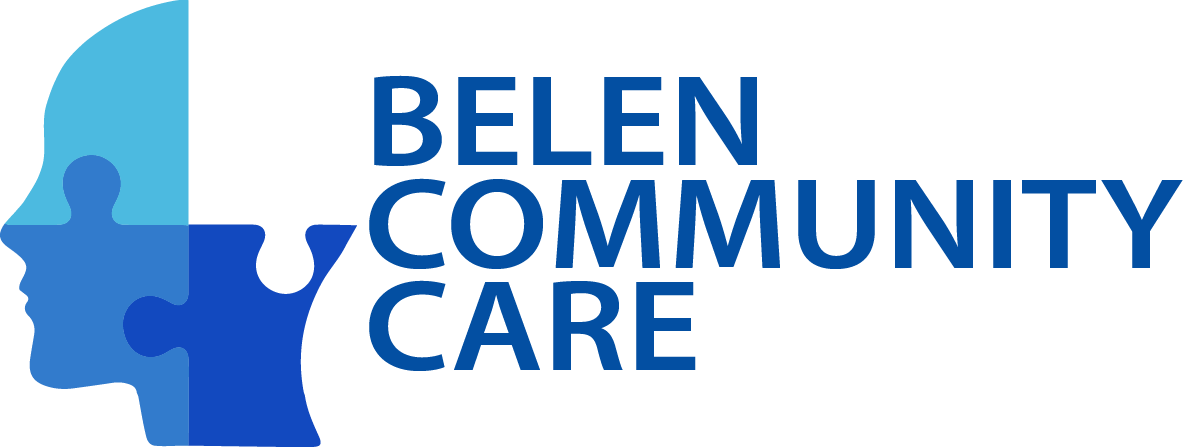
A heat stroke or thermal shock is a case of hyperthermia that occurs due to the overheating of the human body due to a high temperature or an excess of physical exercise, in this article of the blog of montesalud we are going to focus on the blow of heat, how to prevent it in elderly people.
The heat stroke originates due to a failure of the thermoregulation and constitutes an extreme medical emergency and a fatal evolution, which can even cause death in less than 24 hours if it is not treated quickly.
What are the first symptoms?
The first symptoms of heat stroke may go unnoticed by the person who is suffering or be attributed to another cause.
Which people are more likely to suffer heat stroke?
80% of people who suffer a heat stroke are over 65 years old. To prevent the heat from causing a heat stroke, mainly to the elderly, who are the most sensitive to these changes.
· Keep hydrated constantly with water, avoiding alcoholic beverages, coffee, tea or sugary drinks.
· Stay in cool places.
· Eat lightly as salads, fruits, vegetables or juices.
· Do not exercise outdoors in the hottest hours.
In addition, we must pay attention to some drugs that can aggravate the dehydration or heat stroke syndrome such as the following:
· Diuretics: can cause alterations in hydration or electrolyte disorders.
· Non-steroidal anti-inflammatories and some antibiotics or antivirals: affect kidney function.
· Antiarrhythmics, antiepileptics and oral antidiabetics.
But the most important thing for our seniors is that if any of them suffers a heat stroke, we can react by contacting the emergency department immediately until the professionals come.

It occurs when the body loses the ability to control its temperature: the temperature of the body increases rapidly, its ability to sweat fails and it fails to cool down.
The body temperature rises to 106 ° F (41 ° C) or more in 10 to 15 minutes.
Heat stroke can lead to death or some kind of permanent disability if it is not treated immediately.
Signs and symptoms of heat stroke
Warning signs vary, but may include the following:
- Extremely high body temperature (above 103 ° F or 39.5 ° C)
- Reddened skin, hot and dry (no sweat)
- Fast and strong pulse
- Throbbing headache
- Dizziness
- Sickness
- Heat exhaustion
- Heat exhaustion is a milder heat illness that can appear after several days of exposure to high temperatures and inadequate or insufficient fluid replacement.
Signs and symptoms of heat exhaustion
Warning signs vary, but may include the following:
- Copious sweat
- Pallor
- Muscle cramps
- Fatigue
- Weakness
- Dizziness
- Headache
- Nausea or vomiting
- Fainting
- Skin: can be cold and damp
- Pulse: fast and weak
- Breathing: fast and superficial
- What to do to protect yourself?
- You can follow these prevention tips to protect yourself from heat stress:
Drink cold drinks, non-alcoholic and without caffeine. (If your doctor generally limits the amount of liquid you can drink or has prescribed diuretic pills, ask how much you should drink during hot days, and avoid very cold drinks because they can cause cramping.)
Rest.
Shower, bathe or take sponge baths with cold water.
If possible, look for a place with air conditioning. (If you do not have air conditioning, consider visiting a shopping mall or public library with air conditioning to cool off.)
Put on light clothes
If possible, stay indoors during the hottest hours of the day.
Do not perform strenuous activities.

It is known as “Heat stroke” to the failure of the function of different internal organs, secondary to an extreme rise in body temperature as a result of a failure of thermoregulation, that is, it occurs when the regulation of temperature is unable to dissipate the accumulation of body heat.
It is the most serious alteration of the thermal regulation. It is an emergency that puts life in danger if you do not act immediately.
Heat stroke is defined as an excessive increase in body temperature accompanied by an alteration of the mechanism of perspiration (sweating) caused by excessive exposure to the sun, resulting in a syndrome of multiple organ failure due to the failure of thermoregulatory mechanisms.
if you want to know more information visit our social networks @adultcounselingcenter99
Leave a reply










Leave a reply